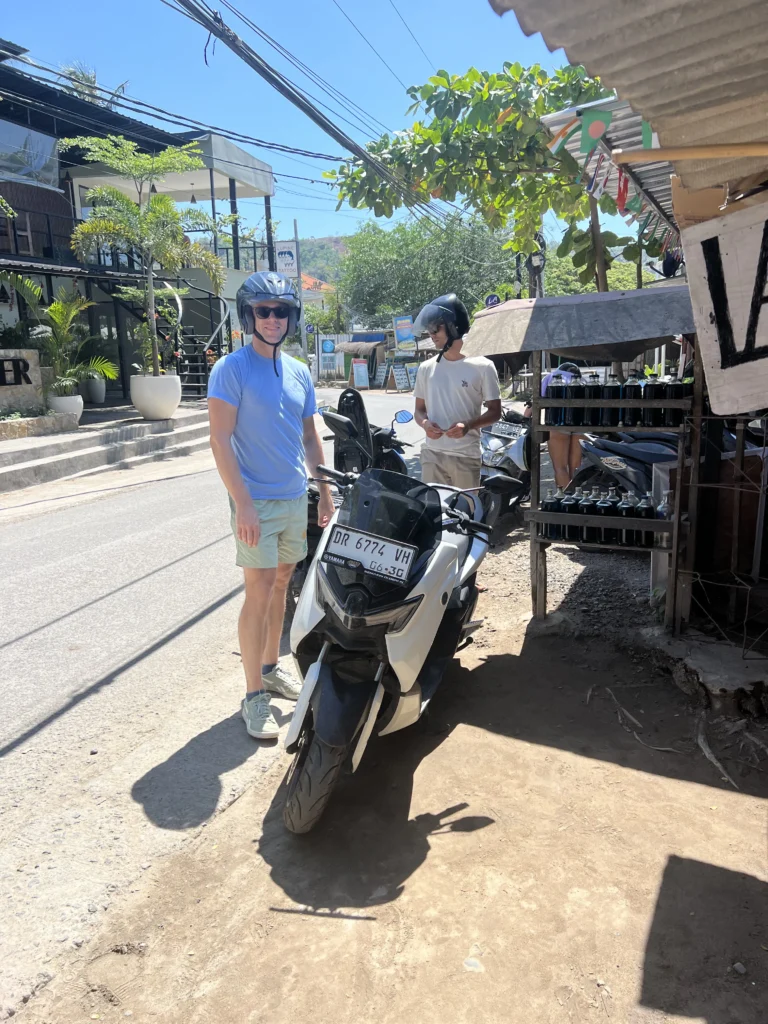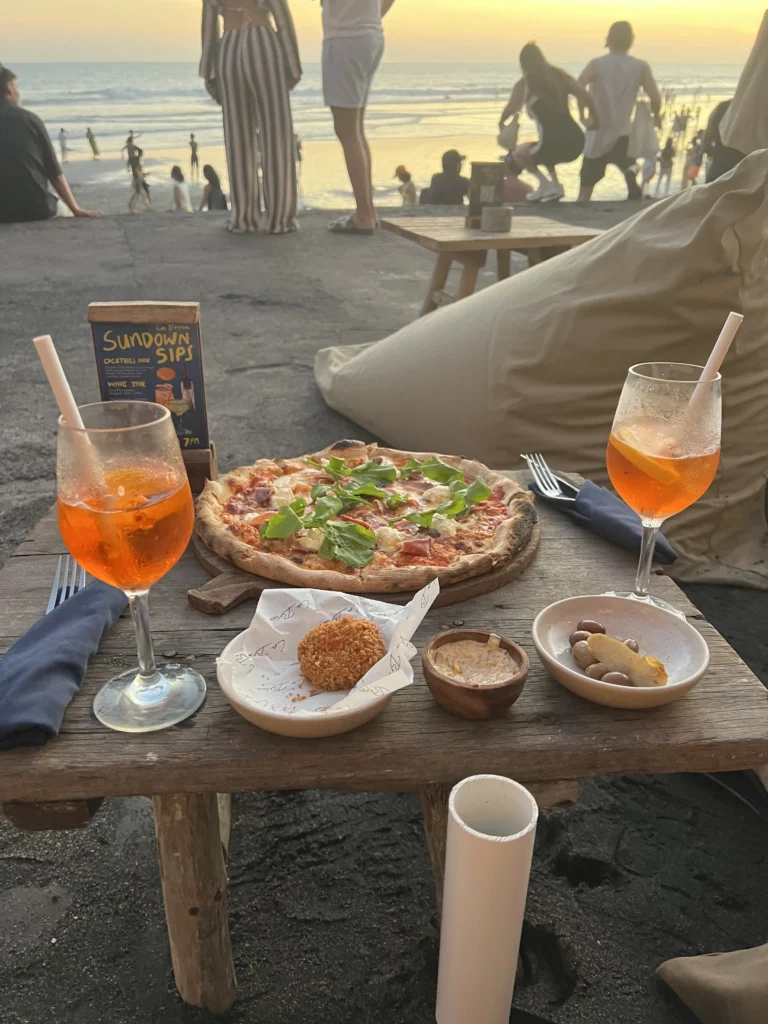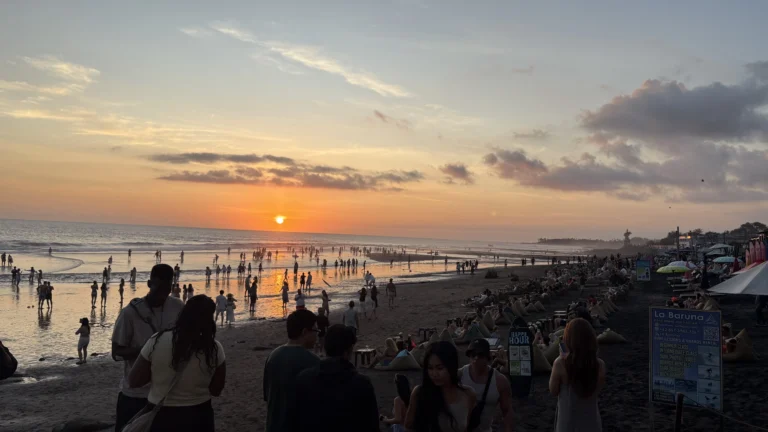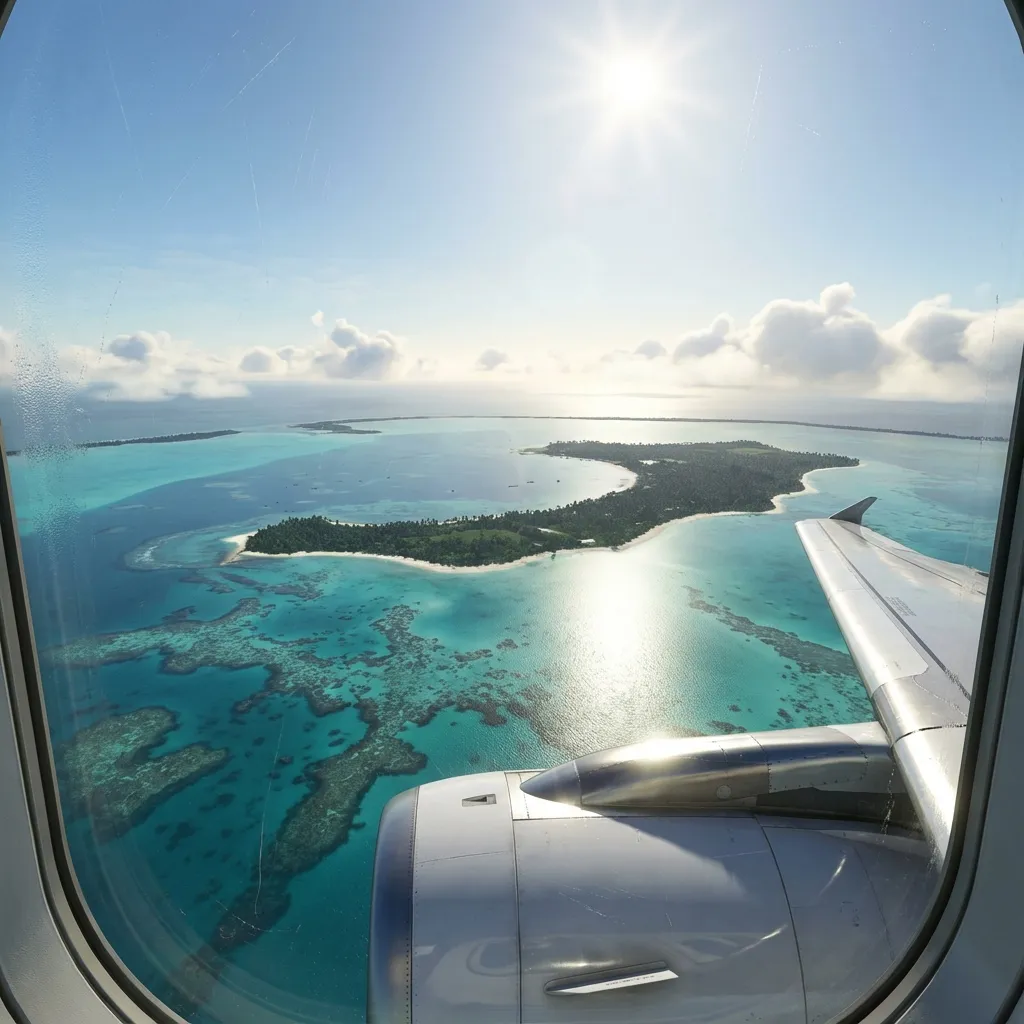How Safe Is Bali Right Now?
So, is Bali safe for your trip in 2025? It’s a vital inquiry. The short answer is yes, but the long answer requires understanding the specific types of risks. Your Instagram feed shows a perfect paradise, but news headlines can tell a different story. As an analyst by trade, I look at the data and my on-the-ground experience. The truth is that Bali is a safe destination for the great majority of the people who come to visit every year. The risk profile here isn’t about violent crime; it’s about situational awareness before you go.
The good news is that when you look at the data, the violent crime rates are significantly lower than in many Western countries. According to the United Nations Office on Drugs and Crime (UNODC), Indonesia has one of the lowest murder rates in the world, just 0.3 per 100,000 inhabitants. My experience confirms this; the main safety issues you’ll face in Bali are rarely about violence. Instead, they are about situational hazards like road safety and petty theft, which can be managed with common sense.
The common misconceptions revolve around sensationalized stories. The actual risks are more mundane and largely avoidable. The top three things to actively manage are: traffic safety, petty theft, and health concerns (like “Bali Belly”). I got a heavy case of Bali Belly during my second trip in September 2025, most likely from a restaurant in Ubud. It taught me a valuable lesson: only eat at places that are busy and look clean. But even then you can be unlucky I guess. For a great planned bali vacation, you just need a simple system to manage these risks.

Where to Stay — and Where to Be Cautious
Your safety and experience in Bali are directly tied to the neighborhood you choose. A resort enclave in Nusa Dua is a world away from a bustling street in Kuta. Choosing the right base among the many popular places is your first and most important safety decision. This also applies to popular side trips to places like Nusa Penida or the Gili Islands, which have their own unique challenges.
| Area | Vibe | Best For | Watch Out For |
|---|---|---|---|
| Ubud | Spiritual, wellness, jungle, cultural heartland. | Yoga retreats, families, cultural tourism, foodies. | Uneven sidewalks, aggressive monkeys, occasional petty theft. |
| Canggu / Seminyak | Trendy, digital nomad hub, surf culture, nightlife. | Solo travelers, surfers, young couples, social butterflies. | High scooter traffic, phone snatching, keeping an eye on your personal belongings. |
| Nusa Dua | Luxury resorts, gated communities, pristine beaches. | Families with young children, honeymooners, resort-focused travelers. | Isolation from local culture, higher prices, limited authentic experiences. |
Think of your location as setting your “difficulty level.” In Nusa Dua, you are in a secure bubble where resort security measures are high and safety is managed for you. We stayed there in the Conrad Hilton for a night. In Canggu, you’re in a dynamic, crowded environment where you need to be constantly aware of your bag and your phone, especially at night. The Balinese people are overwhelmingly kind and welcoming, but high-traffic tourist areas can attract opportunistic crime.
[plz_quiz id=”bali-style” show_cta=”0″]
Travel Tips for a Safe Bali Trip
Safety isn’t just about avoiding bad things; it’s about having the right systems in place so you can relax. Here is my non-negotiable travel advice for any bali vacation.
- Transport: Use ride-sharing apps like Grab or Gojek. They give you a fixed, upfront price and are generally safer than haggling with local taxi drivers. For day trips, hiring vetted private drivers or licensed tour guides is a good idea.
- Money: Only use ATMs located inside a bank or a well-lit convenience store. ATM skimmers are a common financial scam. I also carry a backup credit card and notify my banks of my travel dates before I leave.
- Activities & Tours: When booking activities like diving or rafting, choose reputable operators. Ask about their safety standards and check that they provide appropriate safety equipment, such as life vests. Well-reviewed tour guides can be an invaluable asset for navigating the island safely.
- Health & Medical: Be aware of common health risks like “Bali Belly.” Do not drink the tap water. It’s crucial to know that emergency services can be limited; have your hotel’s address and the number for a reputable private clinic saved on your phone. Get comprehensive travel insurance; it’s non-negotiable.
- Personal Safety & Belongings: Always lock the door to your hotel room. Don’t leave valuables out in the open; use the room safe. When you are out in crowded popular places, be mindful of your personal belongings. A cross-body bag is a better choice than a backpack to prevent snatching. These simple security measures are key to your personal safety.
- Etiquette & Laws: The Balinese people are incredibly patient, but respecting local customs is essential. It is critical to know that local laws on this Indonesian island are much stricter than in many Western countries. Penalties for possession of illegal drugs are extremely severe; this is a high risk activity that can lead to life-altering consequences. If you encounter any trouble, remain calm and know the location of the nearest tourist police station.
Natural Disasters: Earthquakes and Volcanoes
To put it bluntly, Indonesia is located right on the Pacific Ring of Fire. Earthquakes are undoubtedly a reality, albeit tough to say when they will happen. I was in Bali at the time of the 7.0 quake that affected Lombok in 2018. It was a serious shake.
Beyond earthquakes, Bali is also home to active volcanoes, most famously Mount Agung. While major volcanic eruptions are rare, they are a possibility. The primary risk to tourists is from volcanic ash clouds that can shut down the airport for days and severely impact your travel plans. It is crucial to monitor local media and heed all advice from local authorities, who may issue exclusion zones. Never attempt to climb an active volcano without checking its current alert status.
You cannot predict these events, but you must have a system for what to do. If you feel a strong tremor, here is your immediate action plan:
- Indoors: Drop, cover, and hold on. Get under a sturdy table or stay in bed, protecting your head and neck with a pillow. Stay away from glass windows.
- Outdoors: Move immediately to an open area away from buildings, trees, and power lines.
- Near the Coast: Once the shaking stops, move to higher ground immediately. Do not wait for a siren or an official tsunami warning.
As a practical preparatory step, I install the official Info BMKG app on my phone before every trip. It provides real-time alerts directly from the Indonesian government. Having official data pushed to your phone is far safer than relying on panic and rumors during an actual event.
Bali’s Animals
Let’s treat the local wildlife in a systematic way, since your method should vary according to each animal. The dangers are not related to an attack; instead, they are about precise, controllable health and safety problems.
Your major worries are dogs and monkeys. The likelihood of contracting rabies from stray dogs is very low but if the disease is left untreated it leads to death with 100% certainty, so my rule is unbending: even the slightest dog bite is an indication that you must go to a clinic for a rabies vaccine without delay. Monkeys, notably in places like the Ubud Monkey Forest, are a different kind of challenge. They are not listed as rabies carriers but are nonetheless expert thieves when it comes to unsecured personal belongings. I saw a monkey attempting to take a hat straight from my head in Ubud; so be very careful with your things.
For mosquitoes, malaria is not a concern in Bali (see Indonesia Rolls Out National Roadmap for Malaria Elimination and Prevention), but dengue fever is. One of the most important health risks to manage is preventing mosquito bites. Use repellent in jungle areas, especially during dawn and dusk, and sit near a fan at open-air restaurants. For the average tourist, snakes are a non-issue unless you’re hiking off-trail.
Gotchas You Shouldn’t Ignore
While Bali has low violent crime rates, it does have its share of common tourist scams and pitfalls. The good news is that nearly all of them are avoidable with a bit of awareness.
- Money Changer Scams: Avoid small, unofficial-looking money changers offering unusually high exchange rates. They are experts at short-changing you using sleight of hand. My system is to either use my credit card or only withdraw from official bank ATMs.
- Phone Snatching: This is most common in Canggu and Seminyak. Thieves on motorbikes snatch phones from people who are walking on the side of the road while texting or navigating. Local expat forums report this happening daily. Keep your phone out of sight when you’re near a busy road, or step well away from the curb to check it.
- Local alcohol: This is a real but rare danger. Unscrupulous bars can mix cheap, locally-made spirits with methanol, which can be fatal. This is not a widespread issue in reputable establishments. To be 100% safe, stick to sealed drinks like Bintang beer or canned cocktails, or stick to the high-end cocktail bars.

How We Gathered This Information
This guide is a synthesis of hands-on experience and objective data. The recommendations are based on my personal travels to Bali in 2019 and 2025. All safety tips are cross-referenced with official advisories and recent traveler reports to ensure they are current.
What This Means for You
So, is Bali safe? The answer is a confident yes, provided you act as a prepared traveler. The safety of this Indonesian island depends less on external threats and more on your personal choices. By choosing the right area, respecting local laws, and being mindful of common scams, you can almost entirely eliminate the major risks. A safe and incredible bali vacation at this fantastic holiday destination is about preparation, not paranoia, and your safety concerns shouldn’t derail your travel plans.
FAQ
Is it safe to drink the tap water in Bali?
No, it is not safe to drink tap water in Bali. Always drink bottled, boiled, or filtered water. Most hotels and villas provide complimentary bottled water or a large filtered water dispenser. It’s a standard and expected practice.
What vaccinations do I need for Bali?
Routine vaccinations should be up to date. Specific recommendations can change, so it’s best to consult an official source. The U.S. Centers for an Disease Control (CDC) provides the most current health information for travelers to Indonesia.
Is Bali safer than the Gili Islands?
They have different safety profiles. The Gili Islands are safer regarding traffic, as there are no motorized vehicles. However, Bali has more developed infrastructure, including better emergency services and medical clinics. Both are very safe for tourists who take standard precautions.
Is Bali safe for solo female travelers?
Yes, Bali is widely considered a safe destination for solo female travelers. The key to personal safety is to take the same precautions you would in any other country, like not walking alone in unlit areas late at night and being aware of your surroundings.
Is the local alcohol in Bali safe?
The local beer, like Bintang, is perfectly safe. The real risk comes from the local spirit as unregulated batches can contain methanol, which is extremely dangerous. My system is simple: I only drink cocktails at reputable hotel bars or stick to sealed drinks like beer. This means I avoid suspiciously cheap 2-for-1 cocktail deals at beach shacks and will buy a sealed bottle of an international brand from a proper store if I want spirits at my villa.





